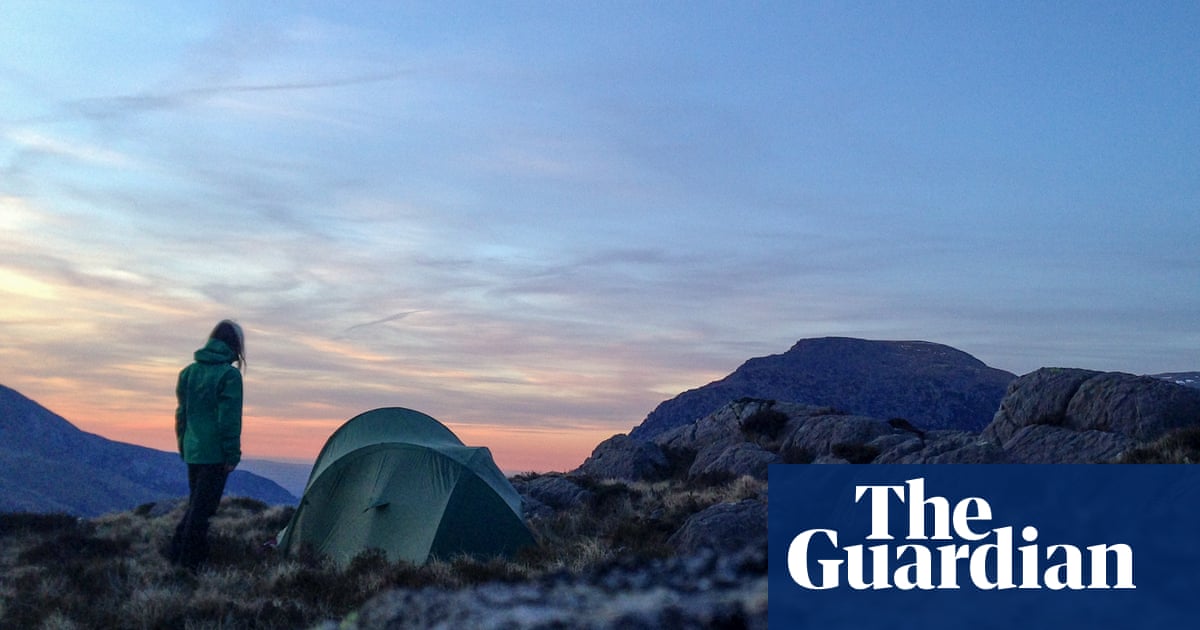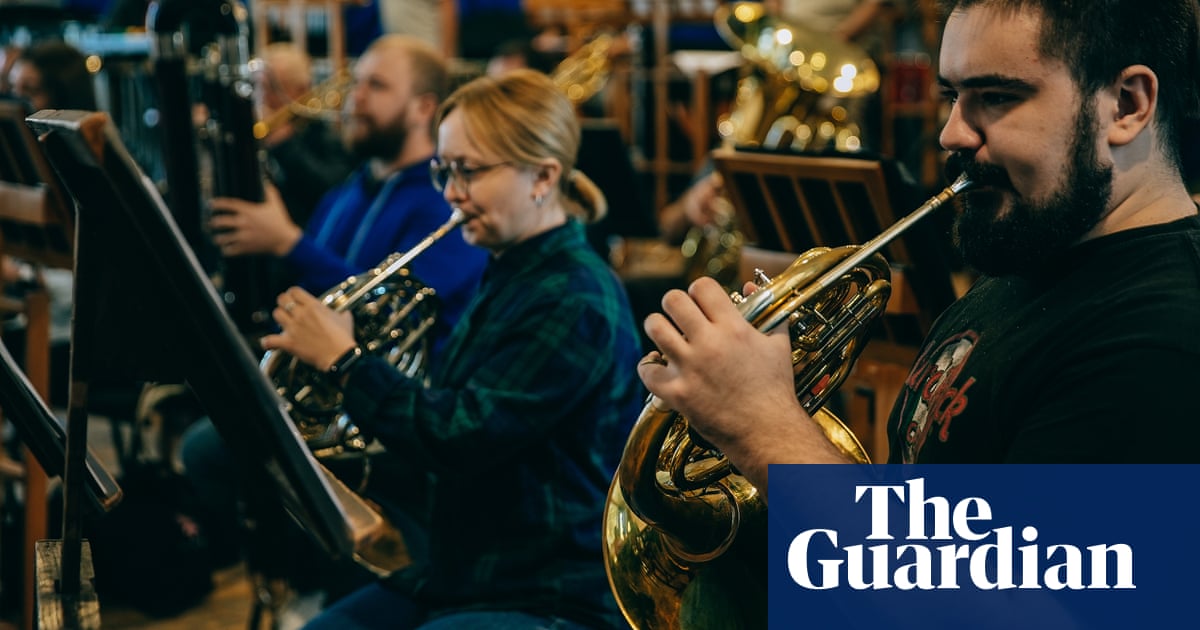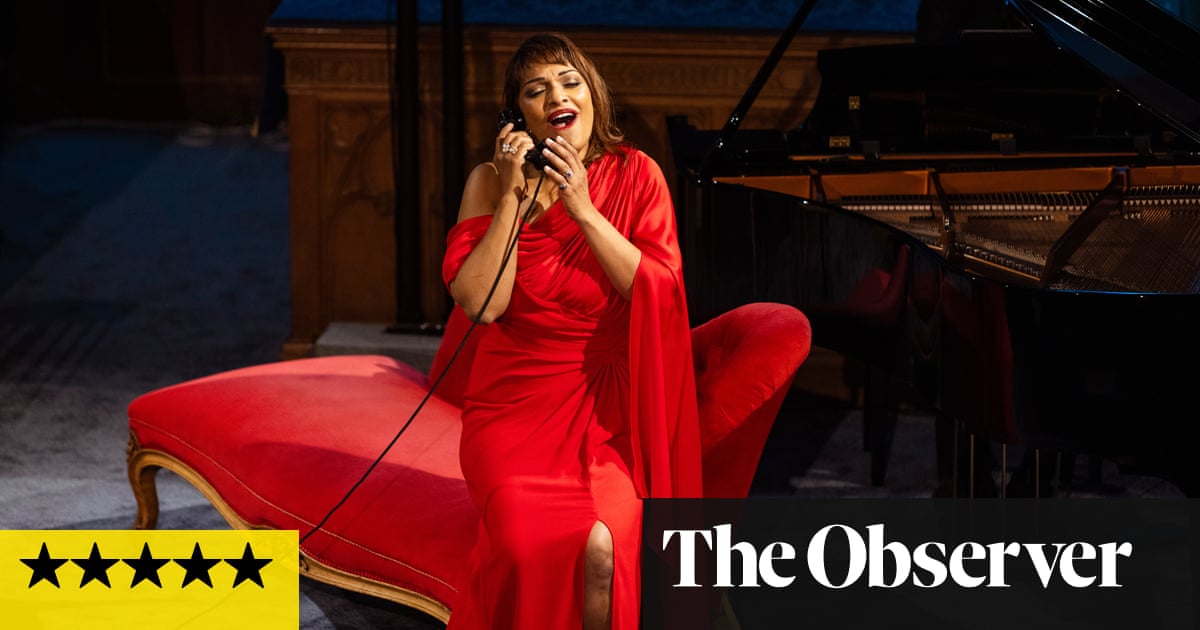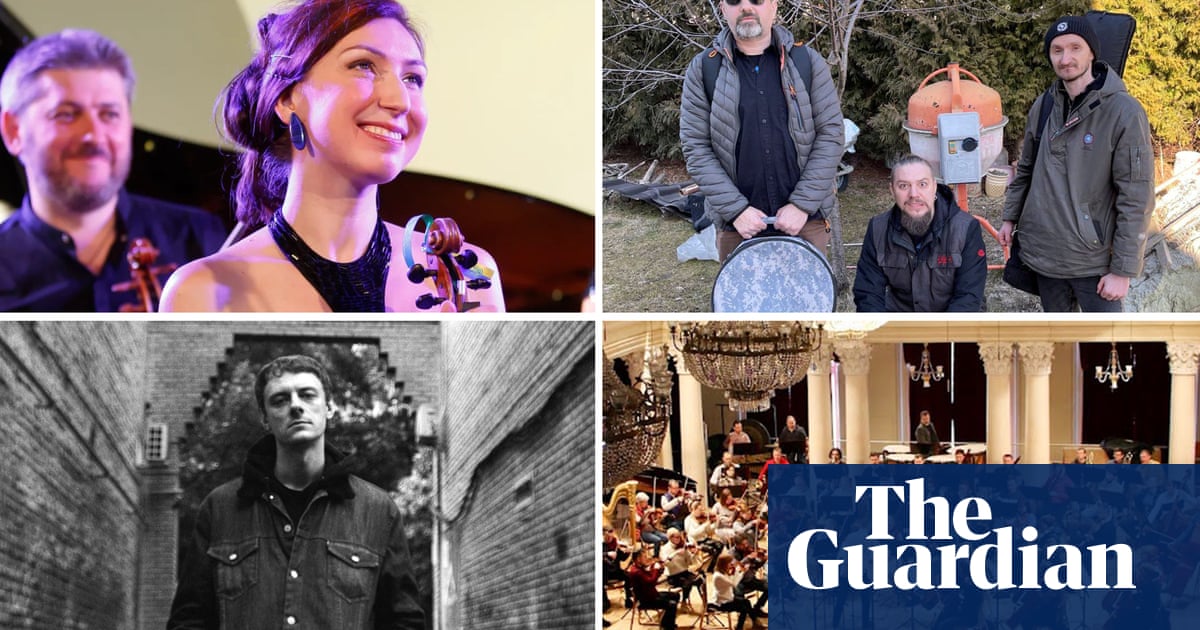
Verdi: Falstaff - Finale
Apologies to Mozartians, who might claim that The Marriage of Figaro has the most uplifting finale in the operatic repertory, but the final fugue in Verdi’s last opera wins the prize. It’s not just the idea of ending a score already larded with parodies and allusions with the most academic of musical forms, or its astounding compositional virtuosity – 10 independent voices at one point – but its irresistible outpouring of joyous energy. “Tutto nel mondo è burla” (Life is a burst of laughter) indeed. Andrew Clements
Stravinsky: Petrushka
Stravinsky wrote three game-changing ballets early in his career and I could have chosen any of them, but the opening of Petrushka gets the heart racing like nothing else. It’s an almost cinematic follow-shot, as Stravinsky whirls us through the crowded fair where the story takes place in an exhilarating sequence of clashing tempos and keys and textures – music that picks you up without warning, whirls you round before you can catch your breath, and drops you back down again facing something new. Erica Jeal
John Adams: Short Ride in a Fast Machine
It’s the woodblock that does it: setting a pace that instantly raises your heart rate. Trumpets add their gleam to the pulse. Woodwind and synths bubble in maximalist splashes of colour. The strings launch a rhythmic lick that drives against the original beat. The texture becomes denser, its gears changing constantly. Every shift brings another injection of brash, joyous energy. John Adams’ 1986 orchestral fanfare is four minutes of classical thrill-seeking – a shot of adrenaline for tired ears. Flora Willson
Bernstein: Candide Overture
Explosive, restless, with brassy outbursts, taut rhythms and soaring tunes, the overture to Bernstein’s Voltaire-based operetta is a short, dazzling punch of energy. Save the story for another day and follow Bernstein’s assertion that music is about movement, always going somewhere, shifting and changing, flowing, from one note to another and that “movement can tell us more about the way we feel than a million words can”. Listen. Sit still if you can. You won’t. Fiona Maddocks
Ravel: Gaspard de la Nuit
Quiet music is not synonymous with relaxing music. Maurice Ravel’s three movement 1908 piano suite exemplifies this. In Ravel’s hands, quiet is tense, expectant, even menacing. Each piece in Gaspard begins quietly but is packed with suspense. Ondine ripples like the water into which the nymph drags her victims. In Le Gibet, ghostly phrases circle a continuously tolling B flat, as a body sways on the gallows. And in Scarbo, quiet tremolos explode into terrifying darkness. There is not a bar in Ravel’s score that does not ask: what comes next? You don’t dare relax for a second. Martin Kettle
Strauss: Elektra
Opera’s ability to probe, often unflinchingly, human emotion at its most complex and profound has long made it the musical form I love the most. And nothing quite embodies the extremes to which it can take us like Strauss’s Elektra, which refashions Greek tragedy along psychodramatic lines in a score by turns terrifying, moving and exalting, which also explores the limits that singers and orchestra can achieve in performance. A tremendous, shattering work, to which I always return, again and again. Tim Ashley
Brahms: Piano Concerto No 1, Op.15
As one who has a real aversion to the promotion of classical music as an unwinding fix, my recommendation is a work which is stimulating and endlessly engaging: Brahms’s First Piano Concerto. Stephen Hough has described its opening as “a clap of D minor thunder” and its stormy emotional charge is guaranteed to send the brain neurons into instant action potential signalling. The interplay of soloist and orchestra carries a vital force throughout, its logic simply exhilarating. Rian Evans
Mendelssohn: Octet in E flat for Strings
Can there be anyone who does not feel their heart lifted as they listen to the opening movement of this octet? Scored for a double string quartet, it’s a work of glorious verve and energy written by the prodigiously talented young composer when he was only 16. I too was 16 when I first encountered it – dragged along to a classical concert by my father – and I was transfixed by its sparkle and optimism and the sheer joy it brought to the musicians performing that evening. It’s probably no exaggeration to say it changed my life. Imogen Tilden












